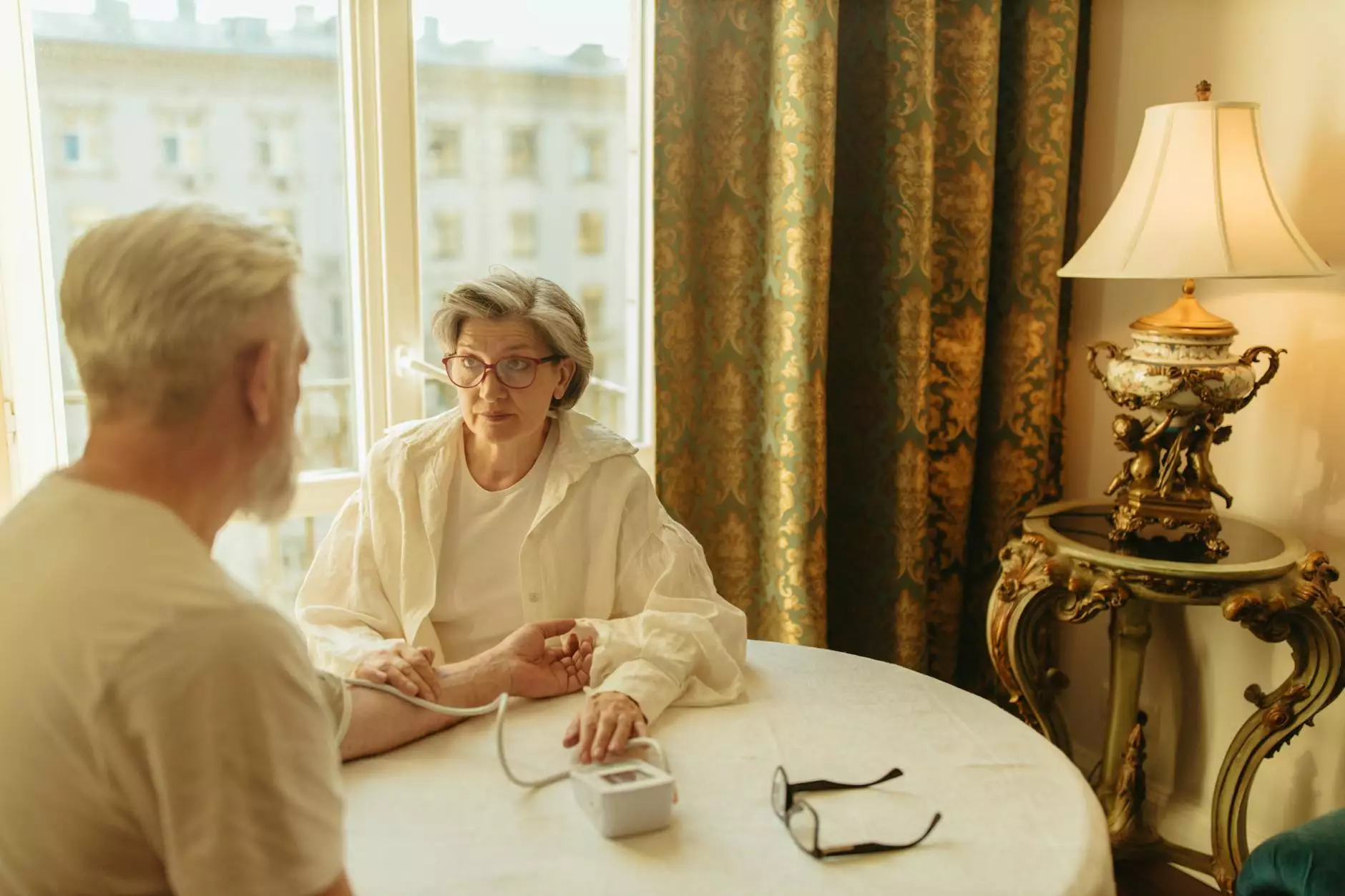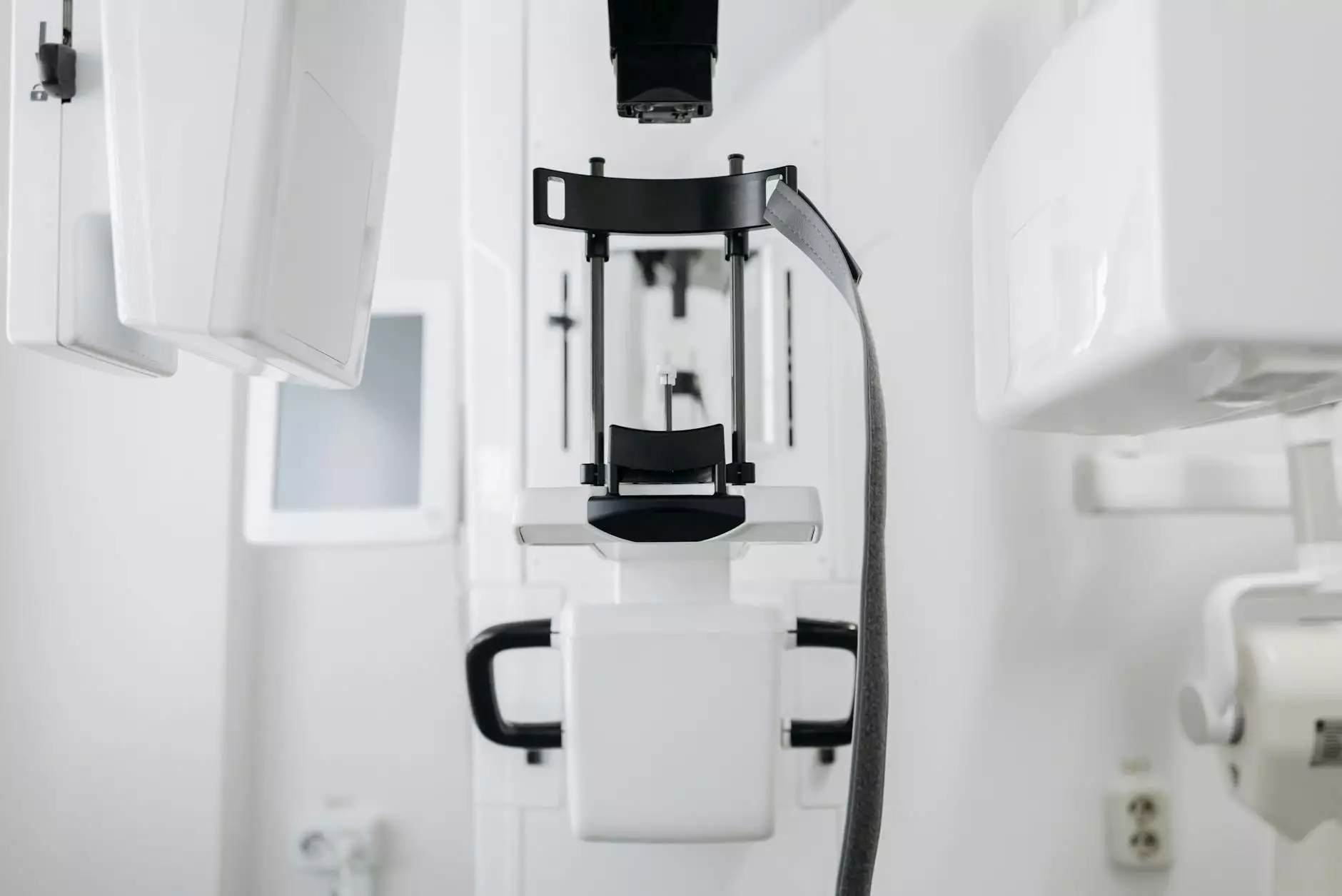The Essential Guide to Finding the Right Lung Doctor

The health of our lungs is vital for overall well-being, making the role of a lung doctor incredibly important. Whether you are experiencing respiratory issues or simply seeking preventive care, understanding what a lung doctor does and how to choose the right one for you is essential.
Understanding Lung Doctors
A lung doctor, also known as a pulmonologist, specializes in diagnosing and treating conditions affecting the lungs and respiratory system. Their expertise includes managing diseases such as:
- Asthma - a chronic condition that narrows the airways, causing difficulty in breathing.
- Chronic Obstructive Pulmonary Disease (COPD) - a progressive disease that makes it hard to breathe.
- Pneumonia - an infection that inflames the air sacs in one or both lungs.
- Interstitial Lung Disease - a group of diseases that cause scarring of lung tissue.
- Lung Cancer - uncontrolled cell growth in lung tissues.
- Sleep Apnea - a disorder characterized by interrupted breathing during sleep.
When to See a Lung Doctor
Consulting a lung doctor is crucial if you experience any of the following symptoms:
- Chronic Cough: Persistent coughing that lasts more than three weeks.
- Wheezing: A whistling sound when breathing, indicating airway obstruction.
- Shortness of Breath: Difficulty breathing, especially during physical activity.
- Frequent Respiratory Infections: Repeated bouts of bronchitis or pneumonia.
- Chest Pain: Any unexplained pain in the chest area, particularly during breathing or coughing.
What to Expect During Your Visit
Visiting a lung doctor involves a thorough assessment of your respiratory health. Here’s what typically happens during an appointment:
Initial Consultation
The doctor will start by reviewing your medical history, including:
- Your symptoms and their duration
- Any previous respiratory issues
- Family history of lung diseases
- Your smoking history or exposure to environmental toxins
Diagnostic Tests
To get a clearer picture of your lung health, the pulmonologist may recommend several tests, including:
- Chest X-ray: To visualize the structure of the lungs.
- CT Scan: Provides detailed images of the lungs.
- Pulmonary Function Tests: Measures lung capacity and airflow.
- Bronchoscopy: Allows the doctor to look inside the airways using a thin tube.
- Sputum Test: Analyzes mucus for signs of infections or diseases.
Treatment Options Offered by a Lung Doctor
Given the multitude of conditions affecting the lungs, treatment plans can vary significantly. Common treatment methods include:
Medications
- Bronchodilators: Medications that help open the airways.
- Inhaled Steroids: Reduces inflammation in the airways.
- Antibiotics: Prescribed for bacterial lung infections.
- Immunotherapy: Aimed at treating lung cancer by enhancing the immune system's response.
Lifestyle Changes
A lung doctor may also advise on lifestyle modifications, including:
- Smoking Cessation: Stopping smoking is the most effective way to prevent further lung damage.
- Dietary Changes: Eating a balanced diet with plenty of fruits and vegetables to improve overall health.
- Exercise: Regular physical activity can enhance lung capacity and efficiency.
Advanced Treatment Options
In severe cases, more advanced interventions may be necessary, such as:
- Oxygen Therapy: Providing supplemental oxygen to improve breathing.
- Pulmonary Rehabilitation: A program that combines education, exercise training, and support.
- Lung Surgery: May be required for conditions like lung cancer or severe infections.
Choosing the Right Lung Doctor
Selecting the appropriate lung doctor is vital for effective treatment. Here are some factors to consider:
Qualifications and Experience
Look for a pulmonologist with the necessary qualifications and a specialization relevant to your condition. It’s important to choose a specialist with significant experience in treating your specific lung-related issues.
Patient Reviews and Testimonials
Online reviews and patient testimonials can provide insight into the pulmonologist’s reputation, approach to patient care, and treatment success rates.
Accessibility and Availability
Consider the doctor's location and their availability for appointments. A conveniently located doctor can make it easier to schedule regular visits.
Communication Style
Effective communication is key. The right lung doctor listens to your concerns, explains treatments clearly, and ensures you feel comfortable during consultations.
The Importance of Preventive Care
Seeing a lung doctor is not just about managing existing conditions; it’s also crucial for preventive care. Regular check-ups can help in:
- Early detection of lung diseases, which can significantly improve treatment outcomes.
- Monitoring existing conditions to ensure they are managed effectively.
- Providing vaccination recommendations, such as for influenza and pneumonia.
Conclusion
Finding the right lung doctor is a critical step towards maintaining optimal respiratory health. With the right specialist, you can manage lung conditions effectively, make informed lifestyle changes, and be proactive about your health care. At Hello Physio, we are committed to providing you with the support and resources you need to ensure your lungs remain healthy. Don’t hesitate to reach out for guidance and to schedule a consultation with our expert team.









